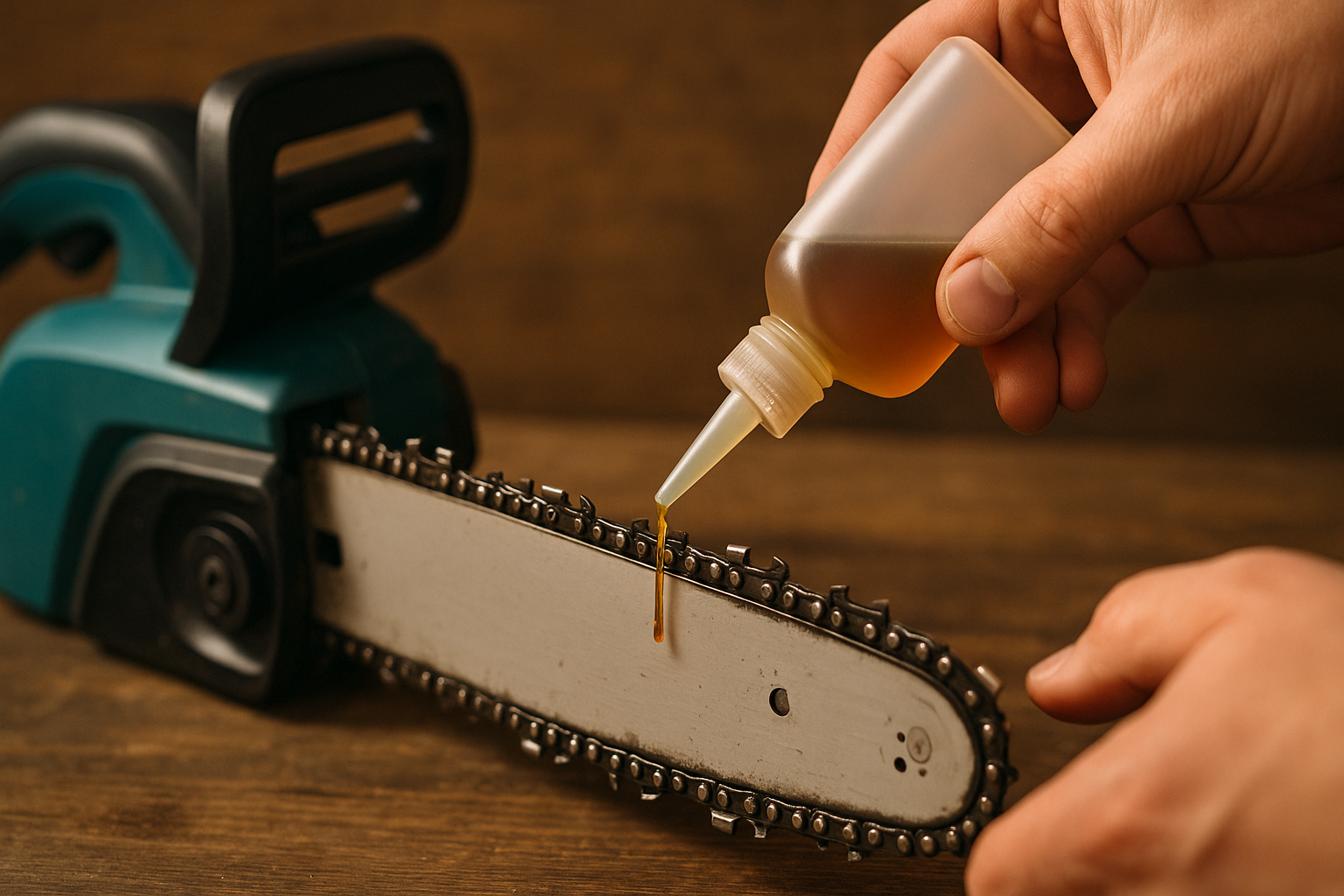An electric chainsaw may be quieter, lighter, and cleaner than its gas-powered counterpart — but it still relies on one critical element to perform well: chain oil. Without proper lubrication, even the most advanced electric chainsaw can overheat, dull its chain, or seize mid-cut. The best oil for an electric chainsaw isn’t about brand prestige or additives; it’s about friction control, temperature stability, and compatibility with your tool’s design. Understanding how to choose and maintain the right oil ensures your chainsaw runs smoothly and safely for years to come.
Unlike gas chainsaws that mix fuel and oil, electric chainsaws rely on a separate bar and chain oil reservoir. This oil lubricates the chain as it spins, reducing friction between the bar and links. A good chain oil does three things exceptionally well: it clings to the chain, resists heat, and prevents sap or debris buildup. High-quality oils also protect metal parts from corrosion, especially in humid or outdoor conditions. Choosing the right oil comes down to understanding viscosity — thicker oils work better in hot climates, while thinner blends suit colder environments where flow consistency matters most.
Modern electric chainsaws are designed for eco-friendly, biodegradable lubricants that minimize environmental impact without compromising performance. These plant-based oils degrade naturally and are safe for use in residential areas or near gardens. Many manufacturers now recommend such alternatives over traditional petroleum-based oils, which can contaminate soil and water. This sustainability-driven shift aligns with the principles explored in Sustainable Power: How Tool Brands Are Going Carbon Neutral — a growing effort to make every component of tool design more environmentally responsible.
Maintenance habits also play a major role in lubrication efficiency. Checking your oil level before every use and cleaning the bar groove after long sessions prevents clogging and wear. A simple routine like this mirrors the philosophy discussed in Five Tool Maintenance Habits Every Maker Should Know in 2025 — that performance longevity depends as much on care as it does on design. Running your chainsaw dry, even for a short cut, can cause irreversible damage to the chain and motor. Over time, that small oversight leads to dull blades, overheating, and premature failure.
One often-overlooked factor is oil flow adjustment. Some electric models allow users to control lubrication rate based on material type. Softer woods require less oil, while dense or resin-heavy logs demand more. Paying attention to oil flow not only conserves lubricant but also enhances cutting precision and reduces mess. As with other aspects of modern craftsmanship, knowledge and precision go hand in hand — the more you understand your tool’s systems, the better it performs.
In short, the best oil for an electric chainsaw is one that maintains consistent lubrication, protects metal surfaces, and respects both your machine and the environment. Whether synthetic or plant-based, quality oil keeps the chain cool, the bar smooth, and the cuts effortless. Good maintenance isn’t complicated — it’s just consistent. And in a workshop where every motion counts, that simple consistency is what separates good tools from great ones.
